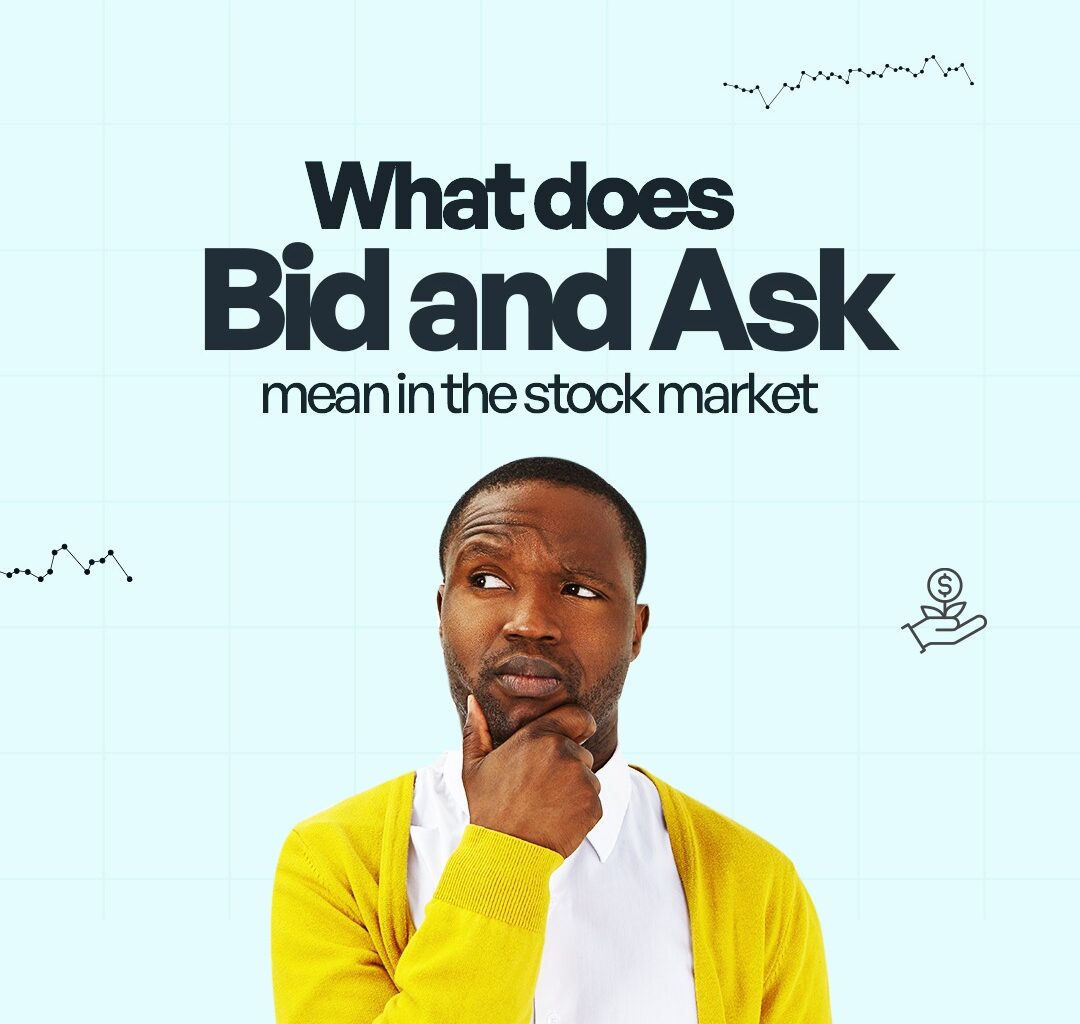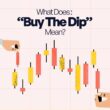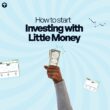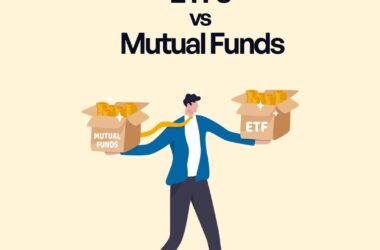“Bid and Ask – What does that even mean?”
This is a popular question every investor asks at the earlier stages of their investment journey. In fact, I asked same question when I started my stock investment journey, and it’s okay to ask this question because it’s a foundation for your understanding of stock trading.
Every industry has its fundamental concepts and everyone in that sector needs to understand and know these concepts to enable them to achieve success or a common goal. The same applies to the stock market which wants to navigate the market successfully.
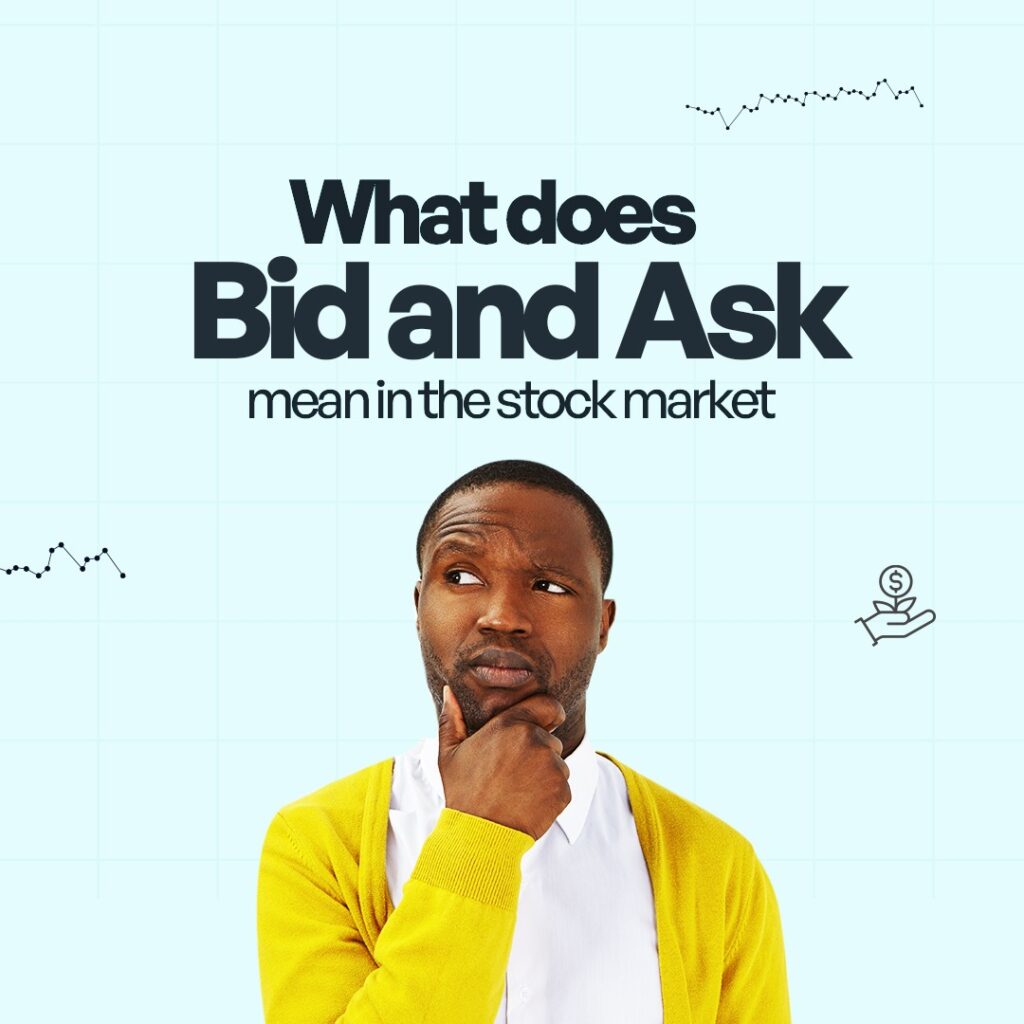
There are several basic concepts in the stock market, and among these concepts, understanding “bid” and “ask” is paramount, as they form the backbone of trading interactions.
In this post, you will find out what bid and ask means in stock market.
What Does “Bid” Mean in the Stocks?
A bid is the highest amount an investor is willing to pay for a particular stock. It’s the offer to purchase shares at a specific price. Picture it as a potential buyer standing in an auction, raising their paddle, and stating the highest price they’re willing to pay.
Various factors, including market demand, company performance, and economic conditions determine the bid price. It’s a key metric for assessing the potential value of a stock.
What Does “Ask” Mean in the Stock?
Ask which is also known as “offer” means the minimum price a seller will accept for a stock. At the stock market, sellers present their “asking” price, indicating the lowest amount they’ll accept to sell their shares.
Several factors can affect the offer price and some of them include company performance, market conditions, and the seller’s expectations.
The Bid-Ask Spread
The bid-ask spread is the difference between what the seller is asking for a particular financial security and what the buyer is willing to pay. In other words, the spread represents the transaction cost for buying and selling stocks.
For instance, if Bill wants to sell his company shares for $4.50 per share ( asking price) and Tom is bidding $4.00 the difference is the bid-ask spread which is 50 cents.
The smaller the spread, the greater the liquidity of the given security. Therefore, as an investor being aware of the bid-ask spread helps you make informed decisions about when to buy or sell stocks.
Read: How to Start Investing with Little Money
What Does it Mean When the Bid and Ask are Close Together?
In the stock market, if the bid and ask prices are very close, it simply means there is high liquidity in the security. When the bid and ask prices are close it indicates that the security has a “narrow” bid-ask spread.
FAQs
What is the Difference Between Bid and Ask in Stocks?
Bid in stock means the highest price a buyer will pay to buy a specified number of shares of a stock at any given time. Whereas, “ask” refers to the lowest price at which a seller will sell the stock.
What happens when an ask is higher than a bid?
When an ask is higher than bid, selling will be more, and the price is more likely to move down than up.

Conclusion
Bid and Ask is a two-way price quotation that indicates the best potential price at which a security can be sold and bought at a given point in time. Both terms are the foundation upon which buying and selling decisions are made, influencing investors’ entry and exit points.
As such, knowing what they mean is a crucial step toward gaining an understanding of stock market dynamics.

